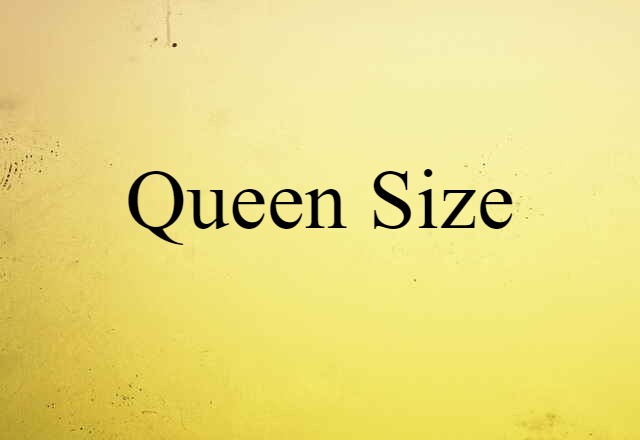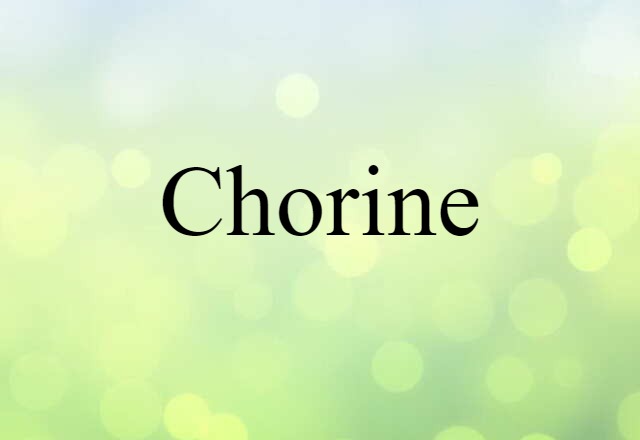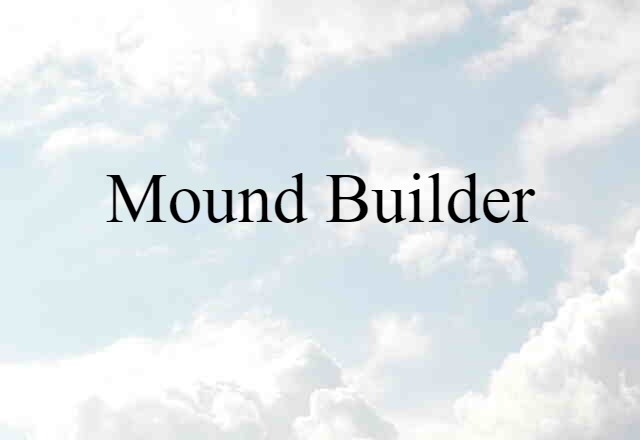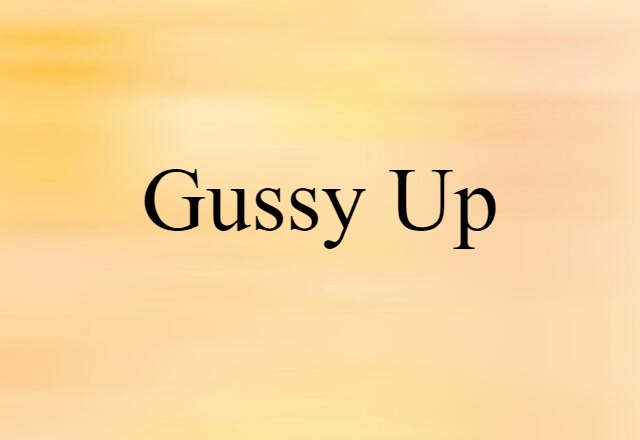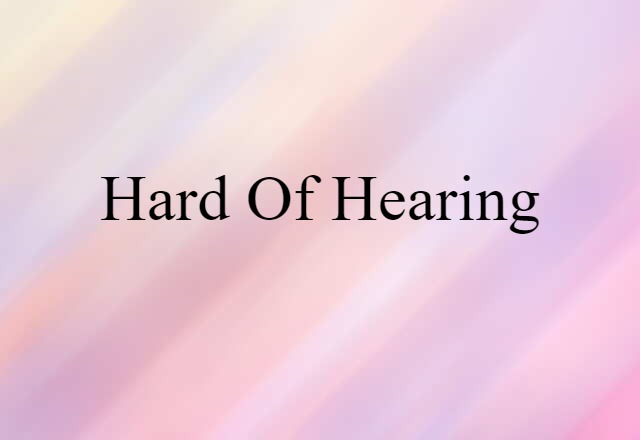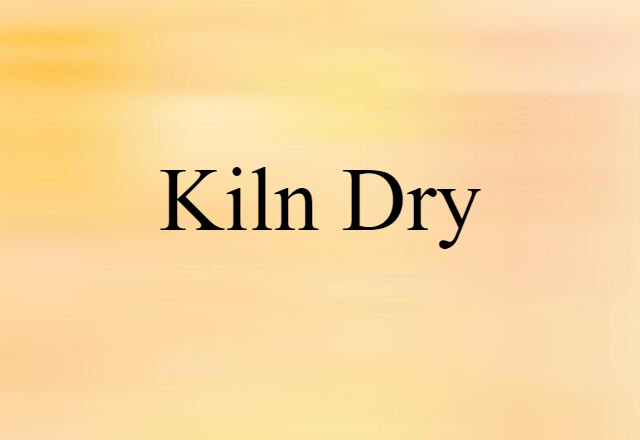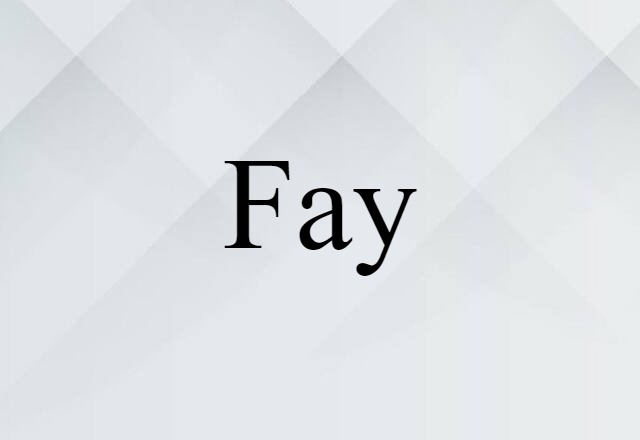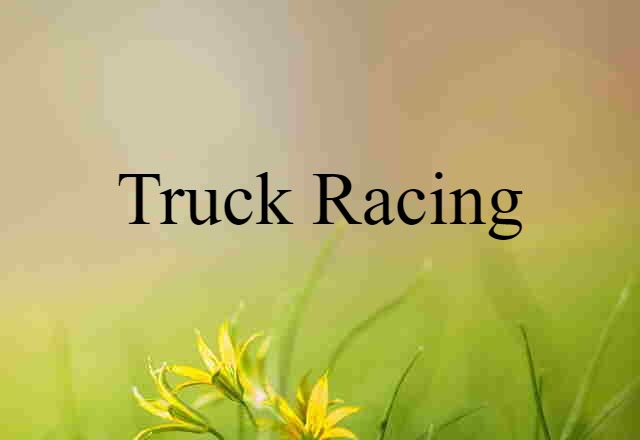- any large wading bird of the family Gruidae, characterized by long legs, bill, and neck and an elevated hind toe.
- (not used scientifically) any of various similar birds of other families, as the great blue heron.
- a device for lifting and moving heavy weights in suspension.
- any of various similar devices, as a horizontally swinging arm by a fireplace, used for suspending pots over the fire.
- a vehicle having a long boom on which a camera can be mounted for taking shots from high angles.
- any of a number of supports for a boat or spare spar on the deck or at the side of a vessel.
- the constellation Grus.
- to hoist, lower, or move by or as by a crane.
- to stretch (the neck) as a crane does.
- to stretch out one's neck, especially to see better.
- to hesitate at danger, difficulty, etc.
- U.S. poet.
- U.S. novelist, poet, and short-story writer.
- any large long-necked long-legged wading bird of the family Gruidae, inhabiting marshes and plains in most parts of the world except South America, New Zealand, and Indonesia: order Gruiformes
- any similar bird, such as a heron
- a device for lifting and moving heavy objects, typically consisting of a moving boom, beam, or gantry from which lifting gear is suspended
- a large trolley carrying a boom, on the end of which is mounted a camera
- to lift or move (an object) by or as if by a crane
- to stretch out (esp the neck), as to see over other people's heads
- (of a horse) to pull up short before a jump
- (Harold) Hart. 1899–1932, US poet; author of The Bridge (1930)
- Stephen. 1871–1900, US novelist and short-story writer, noted particularly for his novel The Red Badge of Courage (1895)
- Walter. 1845–1915, British painter, illustrator of children's books, and designer of textiles and wallpaper

